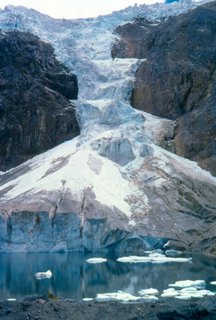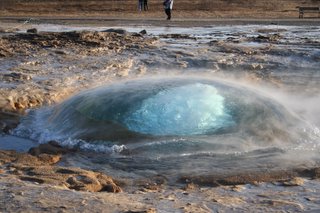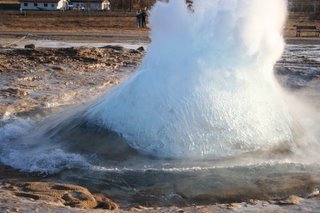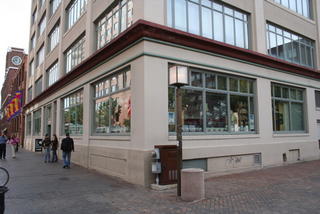Suketu Mehta is an indian born journalist who grew up in New York. He went back and spent two and a half years in Bombay – with his wife and two small kids – and he wrote the book ”Maximum city” about this incredible place.
Lots of it seems very depressing, but he offers this beautiful image of why he, despite all the problems, believes that Bombay is a city of the future and how the people living there show a way forward:
”If you are late for work in the morning in Bombay, and you reach the station just as the train is leaving the platform, you can run up to the packed compartments and find many hands stretching out to grab you on board, unfolding outward from the train like petals. As you run alongside the train, you will be picked up and some tiny space will be made for your feet on the edge of the open doorway. The rest is up to you. You will probably have to hang on the door frame with your fingertips, being careful not to lean out too far lest you get decapitated by a pole placed too close to the tracks. But consider what has happened. Your fellow passengers, already packed tighter than cattle are legally allowed to be, their shirts already dreanched in sweat in the badly ventilated compartment , having stood like this for hours, retain an empathy for you, know that you boss might yell at you or cut your pay if you miss this train, and will make space where non exists, to take on more person with them. And at the moment of contact, they do not know if the hand that is reaching for theirs belongs to a Hindu or Muslim or Christian or Brahmin or untouchable or whether you were born in this city or arrived only this morning or whether you live in Malabar Hill or New York or Jogeshwari (...). All they know is that you’re trying to get to the city of gold, and that’s enough. Come on board, they say. We’ll adjust.”







